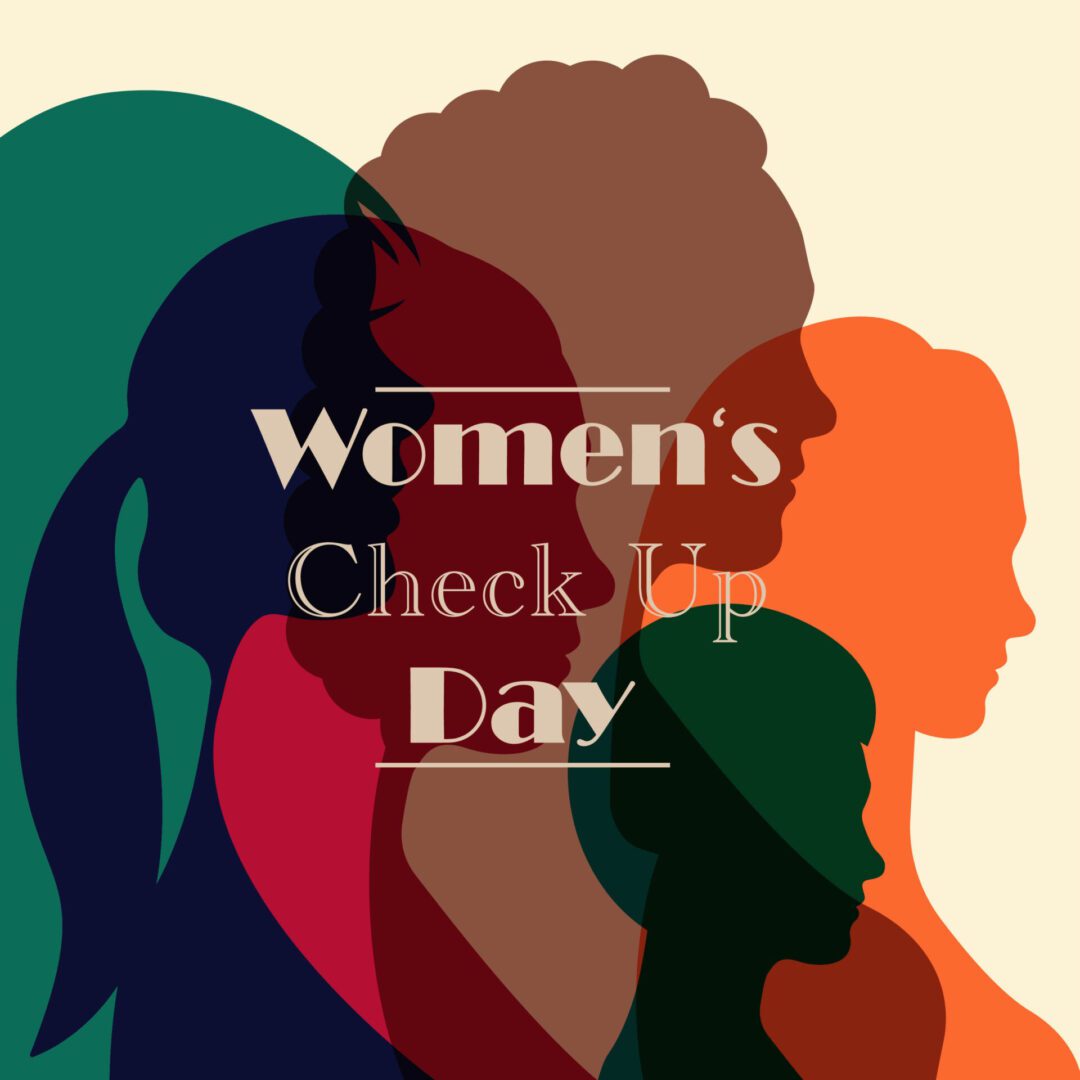Search by Color or Cause


In honor of National Women’s Checkup Day, May 10, the FDA Office of Women’s Health (OWH) encourages you to Take Time to Care, TODAY. The focus of National Women’s Health Week (NWHW) is to remind women that certain medical appointments are vital for helping them maintain healthy lifestyles. They also help identify issues early, and hopefully avoid serious health risks. Wear a pink ribbon to remind others that it’s important to observe National Women’s Checkup Day. Personalized Cause offers pink enamel awareness ribbon pins in both a personalized and non-personalized version. Additionally, we offer pink fabric ribbons in bulk, and pink silicone wristbands. Again, these additional items are available in both a personalized and non-personalized style.
There’s no better time than the new year to commit to keeping healthy and maintaining a healthy lifestyle. We know you have many demands on your time but taking preventive health measures today can help lead to a longer, healthier life. Learn more about well visits, screening tests, routine blood tests, vaccines, and other preventive measures including exercise, healthy eating, and more.
Annual well visits are different from the visits you may attend with your health care provider when you are sick or have an injury. Well visits involve physical exams that focus on preventive care and include screening tests that check for diseases. This is also a time to discuss topics such as sexual health and menopause management. Further, you can discuss things that may be out of the ordinary such as changes in bowel habits, mid-cycle or post-menopausal bleeding, etc. Your health care provider may also provide referrals for further tests or to see a specialist as needed.
Learn more about your annual well-woman visit and take action to schedule yours today.
Regular cancer screenings can help find and treat cancers early. This is, for example, before they have a chance to spread.
Speak with your health care provider about what screening tests are right for you and when you should get them, including:
Blood tests are among the most common types of diagnostic tests. Routine blood tests can help check the function of your organs and show how well treatments are working. They can also help your health care provider check for a wide range of issues and health conditions, including infections, abnormal blood counts, or disorders like diabetes.
Some important routine blood tests include:
Getting vaccinated is one of the safest ways to protect your health. Vaccines can keep you from getting really sick from diseases. When you are up to date on vaccines, you also are less likely to miss work or be unable to care for yourself or your family. It is important to stay up to date on all your vaccinations (some are recommended for specific ages/populations). This includes seasonal vaccines.
Here are a few important vaccines to consider:
Screening tests are done to find possible health problems or diseases in people who don’t have any symptoms of disease. They can help find potential problems early enough to lower the risk for the disease and to treat them before they have the chance to get worse.
Some common screening tests include:
Additionally, tobacco is harmful and addictive. If you smoke or vape, your health care provider may be able help you quit. Talk with your health care provider for more information.
Preventive health measures are important for women of all ages. They can help you stay well, detect health issues early, and reduce your risk of developing chronic diseases like heart disease, diabetes, and certain cancers. This new year, prioritize your health and know your health needs. Doing so can help you stay healthier for longer.